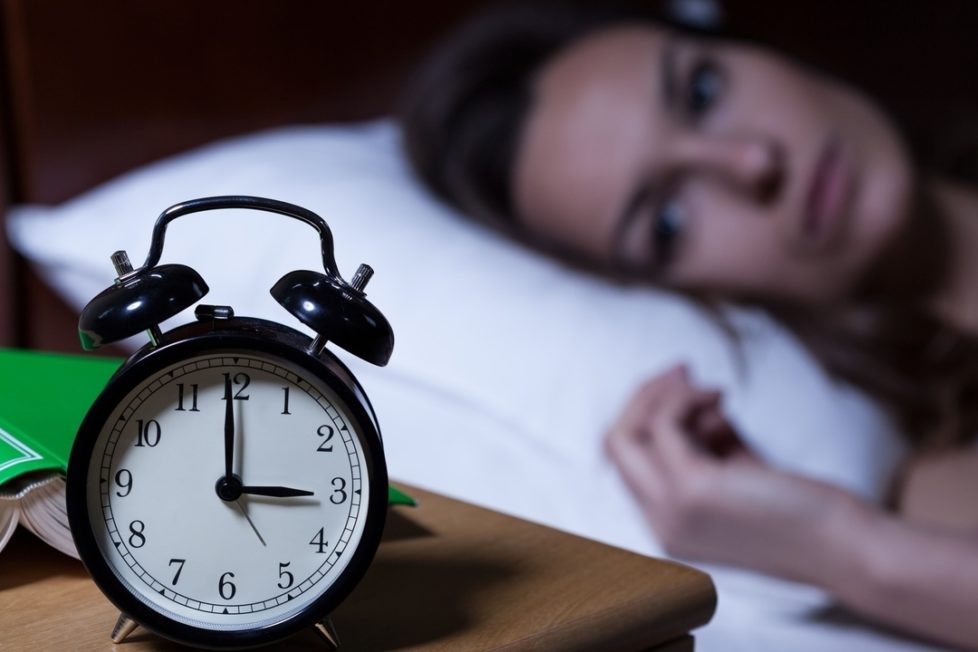Forget About Insomnia: Try These 10 Tips


Sleep disorders can ruin your life. When you do not have a proper rest, your body and mind are tired. You cannot concentrate on your job, you lose focus all the time, and you feel like your brain becomes too slow to send signals to your body.
In the beginning, you notice the fatigue and certain changes in your behavior (you become irritated and cannot control your emotions), but these are not the worst consequences of the lack of sleep.
In fact, they are the primary changes that happen and lead to more severe and critical problems. Increased blood pressure, ADHD, depression, heart diseases, and even a stroke – these are just some of the consequences of insomnia and sleep disorders.
First of all, we need to determine what the insomnia is. According to Wikipedia, this is a sleep disorder or any problem with sleep. It may include complete inability to sleep or inability to sleep as long as you want.
Various factors cause insomnia. All of them can be divided into several groups, each including a huge array of factors. Thus, they are as following:
Almost everyone had had an experience of insomnia at least once in their life. Permanent stress and pressure we are living under, create an unhealthy atmosphere for a person’s well-being.
Considering that insomnia is a disease, it requires medical attention. However, we do not always have time and possibility to consult a doctor.
The treatment of insomnia also requires money, but there are effective methods that can help you to deal with sleep disorders without visiting a therapist.
First and foremost, you have to create a schedule for waking up and going to sleep that you need to follow strictly, even on weekends.
In fact, long periods of sleep on weekends are the main cause of sleep disorders. You stay in bed until 12 pm, and cannot fall asleep in the evening.
As a result, in the morning you feel broken and tired and cannot perform your functions during the day. Train your body to wake up at the same time every day and stick to this habit no matter what.
We drink coffee and tea to wake up and restore some energy. However, if you have problems with sleep, drinking caffeine may only aggravate them. In some cases, the effect of caffeine lasts for 24 hours, which means that you cannot have a proper sleep during this time.
Some people think that drinking alcohol helps them relax and fall asleep faster. But in reality, alcohol stimulates the processes in your body affecting hormone selection and metabolism, which causes sleep disorders.
If you have problems with sleep at night, you try to restore energy during the day. You take naps and as a result you do not feel tired enough to fall asleep in the evening. If you cannot control napping periods, it is better to avoid them completely.
Sports is a cure for many diseases including sleep disorders. When you exercise regularly, especially if your lifestyle is rather passive, your body starts to change.
The metabolism accelerates, the energy levels drop faster but restore within a few hours, your cells start to regenerate quicker. Additionally, you get tired physically and it can help you fall asleep quicker.
One of the best psychological tricks to solve the problems with sleep disorders is to train your mind to associate the bed with sleep. Teach yourself that going to the bed means going to sleep.
If you spend all the time in bed, your brain does not understand that this is the place where you need to have a rest, not to work, eat or read books.
Late dinners are not the best decision for those who suffer from problems with sleep. The matter is that after having a meal, our bodies activate the digestive system, and all the efforts concentrate on the process of digesting. Thus, you cannot relax properly and fall asleep.
The temperature in the room and access to the fresh air are equally important for a good sleep. If it is too hot in the room or there is no fresh air, you do not feel comfortable and cannot relax. The best temperature for sleep is between 60 and 67 degrees Fahrenheit.
Bright light prevents you from sleeping well. It stimulates the nerve cells and hinders a proper selection of hormones. If you cannot fall asleep with lights off, use night-lights that provide soft light which won’t affect the quality of your sleep.
If you need to fall asleep here and now, try some of the popular relaxation techniques. They include stretching to get rid of muscle tension and breathing exercises. You can also try massage therapy for relaxation or taking a warm bath before going to sleep.
Conclusion
Problems with sleep are the first sign that you are doing something wrong. These disorders demonstrate that you need to change your lifestyle as your body is using all its energy and can no longer restore it by the most natural method. We highly recommend that you visit a therapist if the above-mentioned tips and strategies do not help.
